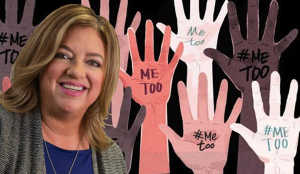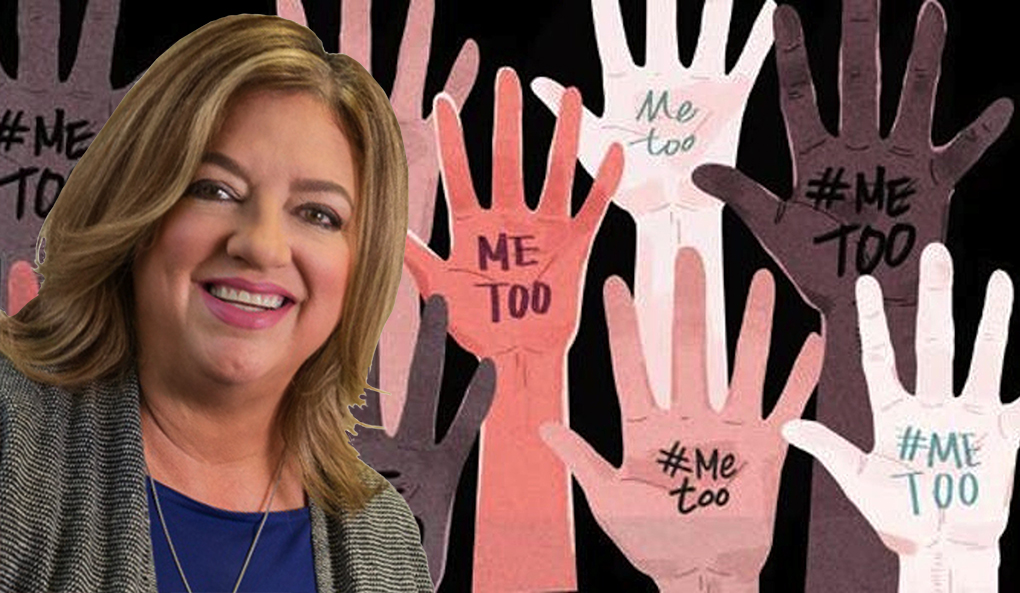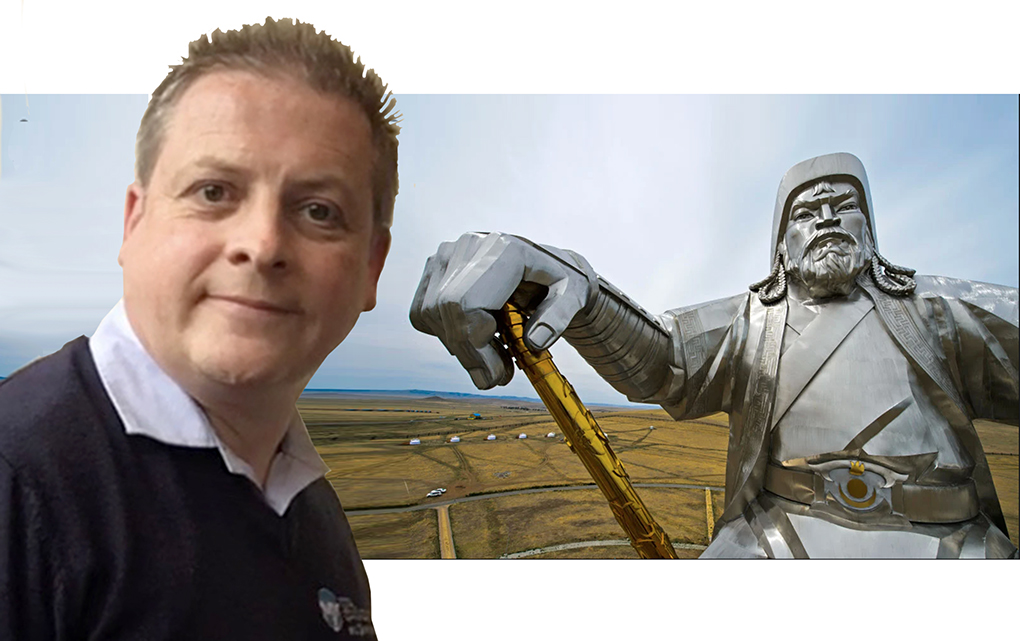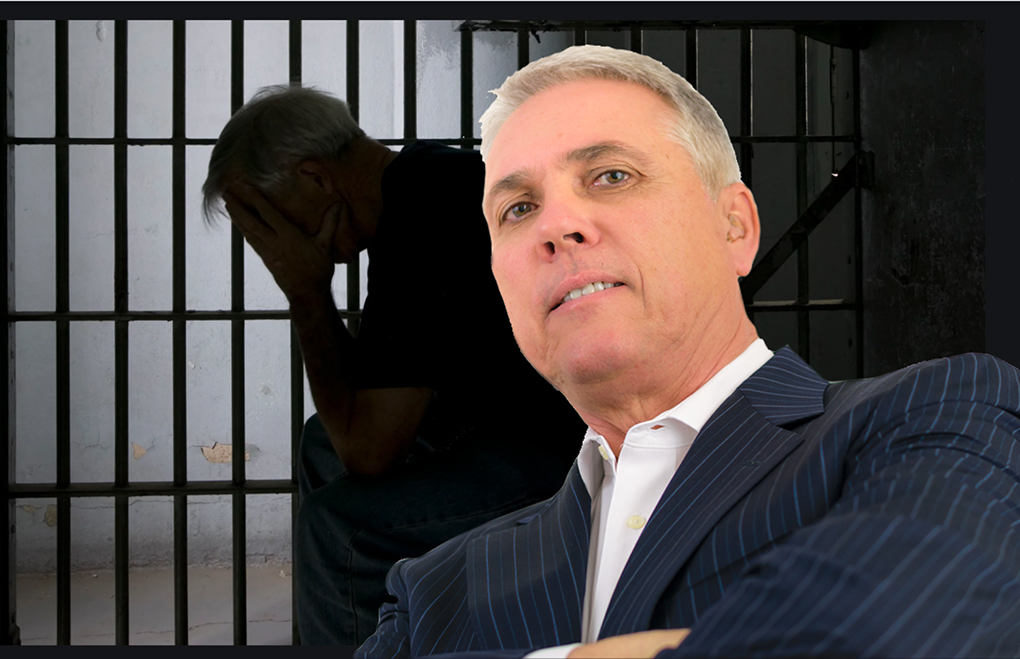#Me Too: Time to Call It Out
#Me Too: Time to Call It Out
 She was a dynamic 26-year-old, working her way through graduate school in the U.S. Midwest of the 1980s. Her life requirements and course load necessitated a flexible night job, which She found at a start-up mail-order house for computer supplies. Located only blocks from her school, She would be entering orders into a computer through the evening hours.
She was a dynamic 26-year-old, working her way through graduate school in the U.S. Midwest of the 1980s. Her life requirements and course load necessitated a flexible night job, which She found at a start-up mail-order house for computer supplies. Located only blocks from her school, She would be entering orders into a computer through the evening hours.
The owner of the new company shared the small office with Her and the other two order entry clerks, and the banter between the four was fun and lively. But one night, the other two clerks were gone, moved to another office way down the hall. A few weeks later, after an unexpected raise and praise for her work, the owner asked for sex. Then insisted on it. She deflected. She joked.
She finally said, “no!”
Infuriated, the owner told her that her job depended on it. She held her ground. So he called in another employee and had sex with her on the desk behind where She input orders all night. This scene replayed for many additional nights, before She finally quit, and moved on to a lesser job in a more remote neighborhood.
She is me. #metoo.

In 2017, the way women and men worked together was addressed out loud. The #Metoo movement ripped the lid off the dark side of the social dynamic between men of power and women trying to achieve some.
The movement started in Hollywood, which always receives an inordinate amount of attention, and where men have abused women via the “casting couch” for ages. It spread quickly and soon social media was alive with the cries of “me too.” It ended the careers of many high-profile men and brought sexual harassment in the workplace to the forefront.
How pervasive is the problem? In January, a nonprofit called “Stop Street Harassment” announced the results of an online survey. It found that 81 percent of women and 43 percent of men had experienced some form of sexual harassment during their lifetime.
The results show that 77 percent of women have experienced verbal sexual harassment, and 51 percent have been sexually touched without their permission. About 41 percent said they have been sexually harassed online, and 27 percent said they had survived sexual assault.
#Me Too: Time to Call It Out —The Imaging Industry has Skeletons in Its Closet
In June 2012, well-known MPS Consultant Greg Walters called out the industry for its treatment of women.
“In or around, I really do not remember, 2009, I started sprinkling (quite literally) pictures of scantily clad, young women into my posts. I am not ashamed of any one of the pictures I posted, MY intent was clear,” he wrote.
“The reasons for the images were: Spice up the site – why does this industry need to project such a boring image? Get the blood rolling – passion is human. And the most important reason: – I liked the pictures. Period.”
Walters was then contacted by a deeply upset woman executive at Ricoh, who felt that Walters’ images demeaned women. He realized she was right. “So I pulled all 800 pictures down. Then I wrote about it. The industry never writes about it, even though the problem is rampant in the dealer channel.
“It’s unfortunate,” he said. “There is a good-old-boys network in the industry, and they have no motivation to change.”
Unlike Hollywood or other large industries, the stories of pressure and harassment don’t make the news. There are no journalists to expose the stories. “All the women have to take it, and deal with it,” Walters said.
His fury from six years ago remains within him and is posted on his website to this day. “This type of activity is rampant in our little industry,” his blog reads. “AND YOU KNOW I’M RIGHT.”
“This is about men in the Copier, Imaging and MPS industry, OUR INDUSTRY, leveraging authority over women as a means to have sex. And loosely associated, but not that far behind, is the influence and pure unprofessional attitude that somehow a female salesperson is expected to tolerate unwanted pawing from a male prospect or client. Guys who act this way are (expletive deleted.)”
Keep Your Company On the Right Side of the Movement
This is happening in the industry. Think it isn’t happening in your company? The numbers above indicate that it is, or has, but most definitely will and could. Therefore, please consider what the experts (and I) suggest one should do if they are harassed, witness harassment or run the company where an episode could or has occurred.
If you feel you have experienced sexual harassment:
- Take immediate notes on the harassment and be specific in your details — note the time and place of each incident, what was said and done, and who witnessed the actions. Also, consider documenting your own work productivity while the incident(s) occurred or after. Nothing is too small or trivial to document. If it’s an ongoing problem, keep a journal with detailed information on instances of sexual harassment. Note the dates, conversation, frequency of offensive encounters, etc. Photograph or keep copies of any offensive material at the workplace.
- Consult your employee handbook or policies. If your employer has a sexual harassment policy in place, follow it. Put complaints in writing. Obtain copies of your work records (including performance evaluations) and keep these copies at home. If you feel comfortable, tell your supervisor about the behavior and the steps you have taken to address it. If you do not feel comfortable speaking with your supervisor directly, report the behavior to the human resources department or the person responsible for workplace complaints. And ultimately, you have the option of contacting the U.S. Equal Employment Opportunity Commission (EEOC)
- Tell other people, including personal friends and co-workers if you feel safe doing so. Confide in your family, friends, and even safe coworkers for another reason: Experiencing sexual harassment is traumatic; you’ll need your support system in place to validate your experiences and to bolster you, regardless of whether or not you take further action.
If you witnessed the episode, and especially if you are a male co-worker:
- Make a record of the incident, and if possible, react. Document the behavior so that if you report things to a superior or Human Resources, you have facts to discuss, and aren’t left vaguely describing a “creepy” episode. If possible, take the risk of saying “that’s gross” or “I’m not OK with this.” If you’re uncomfortable with how someone else is treated, you’re not just standing for their rights, you’re standing for your own. And a sexual harasser will have a harder time dismissing a complaint backed by a third party, especially another man’s.
- Consult with the victim. Catch up with her when she’s alone, and call out the awkward behavior. Ask if she’s okay, and be prepared for her to gloss over or diminish the moment. Everything in our society is geared toward a woman saying, “Oh, I’m fine.” She’s probably wishing it away or doesn’t want to rock the boat. But you’ve already helped by bearing witness to the scenario and checking in to make sure she’s comfortable. If you are ready to go further, ask if they’re comfortable with you reporting the harassment, and how they’d feel most comfortable: if you use their name or not, or if they want to report together, with you as a witness.
- Talk to the harasser afterwards. This one’s a little tougher because the stakes are higher. If you have the right relationship with this individual, as a peer perhaps, you can provide some guidance.
One thing is for certain, if you witness it and remain silent, then you are contributing to the negative environment.
If you are the Owner/Manager of the Company:
While a male co-worker may engage in these activities, management and owners, once aware of the harassment, must take action. Management of companies of those accused in the “#metoo” movement moved swiftly to remove them. So must those in charge of smaller companies, no matter how valuable the accused.
Consider these factors that increase owner vulnerability in a sexual harassment scenario:
- Position and Power. You are in charge, so you have all the power to change the environment, and stave off a lawsuit.
- Extent of Involvement: If you are taking part in the bad behavior, or leading it, your business is in real jeopardy. If you know and do nothing, it is almost as bad as being the perpetrator.
- Perception of Affluence: The deeper your pockets, the more vulnerable you are.
- The Number of Employees and the Number of People Involved: In this situation, less is better.
There are dozens of online websites that give advice on initiating anti-harassment programs. Find one that fits your company and implement it tomorrow. Let every employee and new hire know that sexual harassment is grounds for immediate dismissal. Undertake sensitivity training. Bring in a consultant or trainer. Whatever you do, do NOT do nothing. This is the one time where something bad just won’t go away on its own.
Some of the largest verdicts awarded in the past decade have been in this arena. So once this legal issue enters your business, show it the door immediately.
 Tricia Judge has served as the executive director of the International Imaging Technology Council—a not-for-profit trade association serving imaging supplies remanufacturers and dealers—for 17 years. She was the executive editor of Recharger magazine for five years and a lawyer for 30 years. Judge’s work has been published in Recharger, Imaging Spectrum and several other industry magazines. She has won critical acclaim for her writing and industry advocacy. She prides herself in having assisted with the preparation of six friend-of-the-court (amicus) briefs and has presented the position of the industry to the US International Trade Commission. Since 2017, Judge has been the Senior Consulting Editor of RT Imaging World magazine and speaks at regional RT VIP Summits and RemaxWorld Expo in China.
Tricia Judge has served as the executive director of the International Imaging Technology Council—a not-for-profit trade association serving imaging supplies remanufacturers and dealers—for 17 years. She was the executive editor of Recharger magazine for five years and a lawyer for 30 years. Judge’s work has been published in Recharger, Imaging Spectrum and several other industry magazines. She has won critical acclaim for her writing and industry advocacy. She prides herself in having assisted with the preparation of six friend-of-the-court (amicus) briefs and has presented the position of the industry to the US International Trade Commission. Since 2017, Judge has been the Senior Consulting Editor of RT Imaging World magazine and speaks at regional RT VIP Summits and RemaxWorld Expo in China.
Her feature articles include:
- Intelligent Office Solutions: cartridges workflow and more
- Static Control Continues to Set High Industry Standards
- Brewer Reveals Impact on Imaging Supplies by COVID-19
- Aftermarket Scores Another Win – Canon loses: zero degrees is not an angle
- How Trade Associations Help Protect the Environment
- The U.S. Department of Energy Scores High with Remanufactured Cartridges
- Clover Imaging Ready to Take Remanufactured to the Next Level
- Uninet’s Mike Josiah Awarded Diamond Pioneering Award
Her Judge’s Ruling opinion blogs:
- #Me Too: Time to Call It Out
- New Builds Threaten to take Reman Share
- Election and Business Results Are In
- The Latest Dongle Gear Actions: Canon’s Checkmate
- Mobile Apps that Rule for This Judge
- 2017: There Will Never be Another One
- The Aftermarket Scores a Big Savory Win
- The Aftermarket Right That Shouldn’t Be An Afterthought
- Supreme Court Leans Towards Aftermarket
- Pivotal Patent Case has Support on Both Sides
- Council Presents its Issues to the US Supreme Court
- The Trump Presidency: Good or Bad for the Aftermarket
- US Supreme Court to Hear Lexmark Impression Products Case
- Election and Business Results Are In
- Canon’s Latest Dongle Gear Actions: Canon’s Checkmate
- Mobile Apps that Rule for This Judge
Comments:
Editor: Tricia said it was quite confronting to write this article, “#Me Too: Time to Call It Out” and reveal the terror she endured. Her plea is for others impacted to find the courage and say, “#Me Too: Time to Call It Out”.
You can add your ideas and thoughts on this article, “#Me Too: Time to Call It Out,” below or directly with Tricia Judge by email.













Leave a Comment
Want to join the discussion?Feel free to contribute!